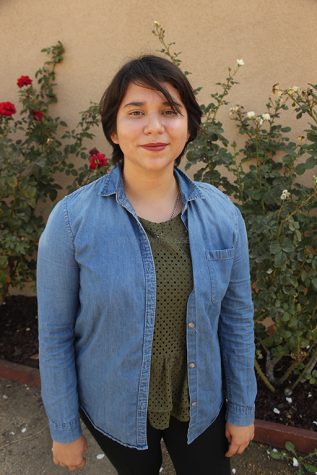Hurricane Maria
October 4, 2017
Strengthening to a category five hurricane, Maria hit the eastern Caribbean, killing at least two people on Guadeloupe and creating major damage on Dominica Island on September 18. The hurricane is now in Puerto Rico, resulting in up to three feet of rain in some areas.
The storm has left an estimate of 3.4 million people without power because the storm destroyed the territories electric grid. The recovery process for Puerto Rico started after Hurricane Irma, which killed at least three people and left nearly 70 percent of the households without electricity. The governor of the Island Ricardo Rossello urged people in flood-prone and coastal areas to evacuate.The storm hit on the northern coast of the Dominican Republic as a category three. The National Hurricane Center repeated hurricane warnings for the southeastern Bahamas, the Turks and the Caicos Islands.
In August of this year The National Oceanic and Atmospheric Administration (NOAA) stated that between June and November would be an estimated of 14 to 19 named storms in which Maria is the thirteenth named storm this season. The next three storms are to be named Nate, Ophelia and Phillip are already be brewing in the Atlantic.
Hurricane researchers have previously warned that Atlantic tropical storms and hurricanes will increase. Climate change is creating conditions that help them form and intensify, such as warmer sea surface temperatures. Mr. Kim, teacher of AP Environmental Science argues we need to be conscious of the situation and take care of the planet.
“We need to more than ever before, be intentional about helping others and try to take care of our planet cause we only have one planet, only have so many resources and we have to preserve them from our future,” Kim said. “Our planet has definitely changed, doesn’t look very good but there is still hope and there’s still the good in people and that is kind of why I teach this class and the things I want you to learn as students to help present our planet because you guys are the future.”
The president of the Ecology Club, Noah Riley, 12, talks about the activities the Ecology Club do to preserve the environment. He also talks about the individual responsibility people have in order to preserve the environment and prevent future consequences.
“Everybody can do their part in cleanup after themselves, make sure the streets are clean,” Riley said. “We do beach cleanups, city cleanups and keep Downey beautiful as available.”
The vice president of the club Victoria Quinones, 10, gives her opinion about Hurricane Maria and the hurricane season in general and talks about the people who had to experience the hurricane in their homes and the consequences it meant for them.
“It’s sort of heartbreaking how all this people are greatly affected by this; houses are destroyed, some casualties and injuries and it’s just sort of crazy to think that mother nature can do this, cause destruction,” Quinones said. “There is so many things you can do and I think so many people think that they don’t make a difference, but every person counts, you do make a difference.”
The season of hurricanes has put things in perspective; the consequences in the long run this natural disaster will have on the affected areas is still unclear. However, this made people realize the urgent need to take action in this matters and support one another in these hard times.



